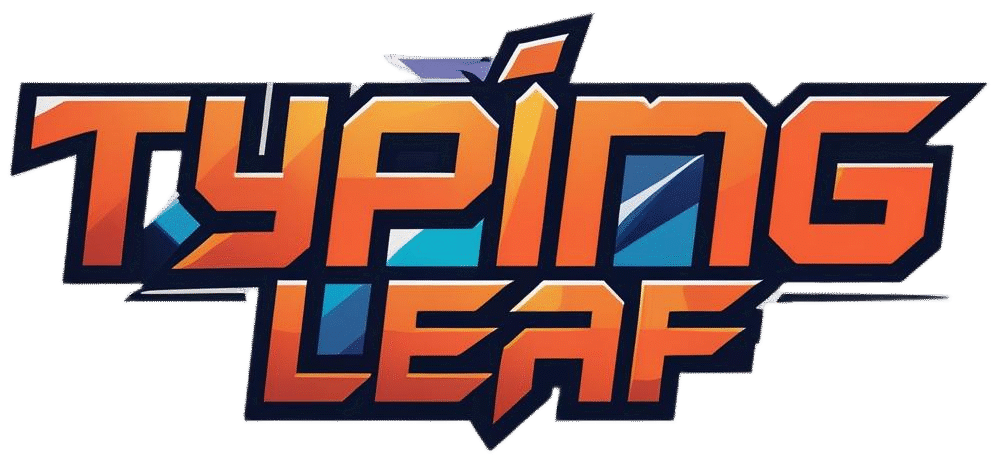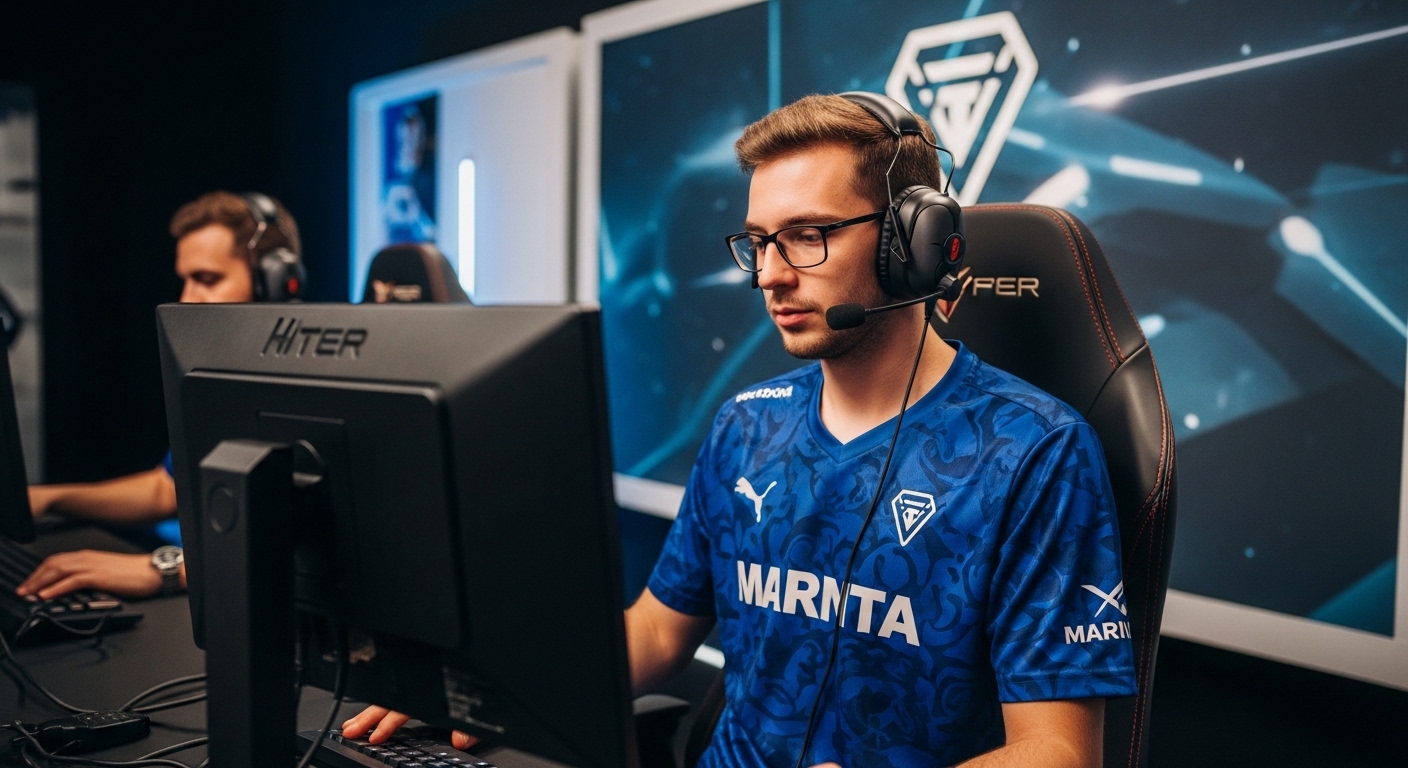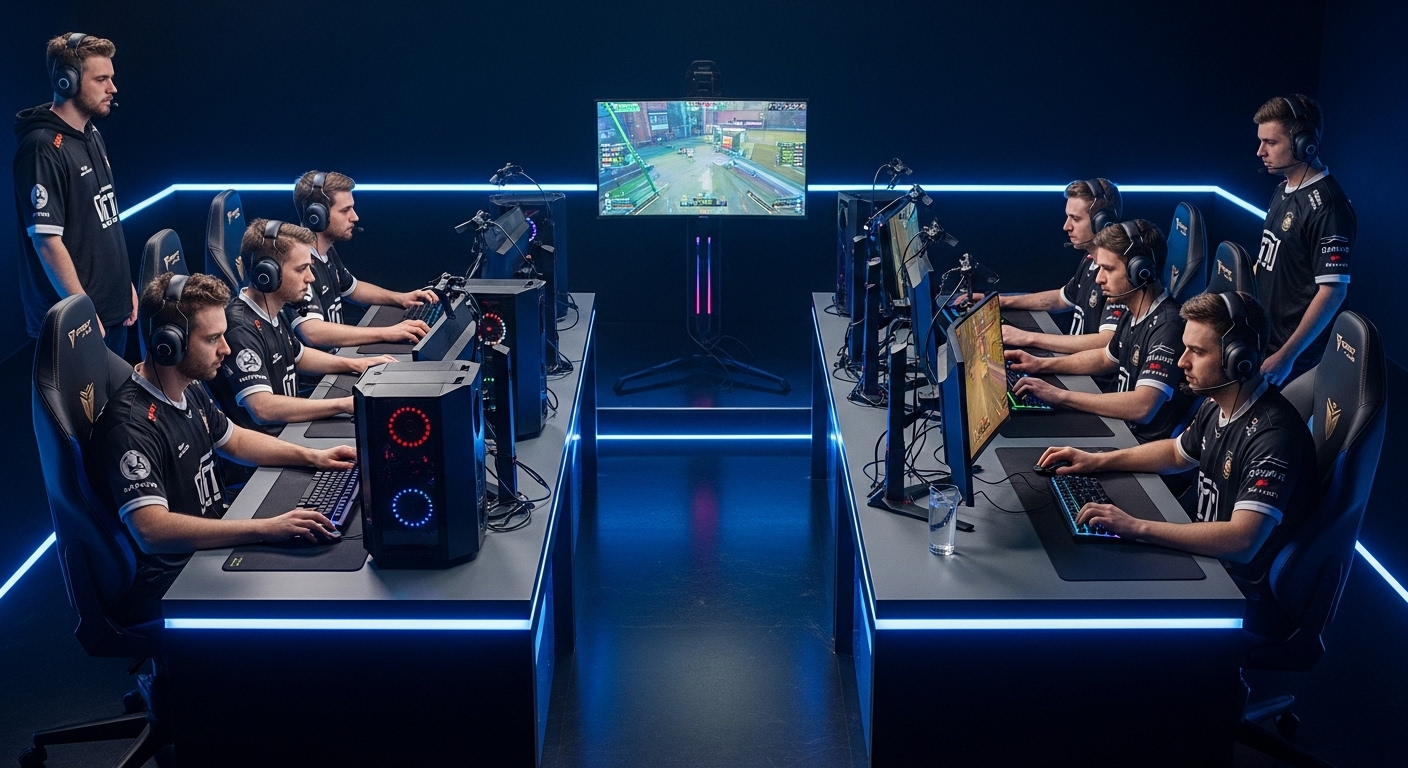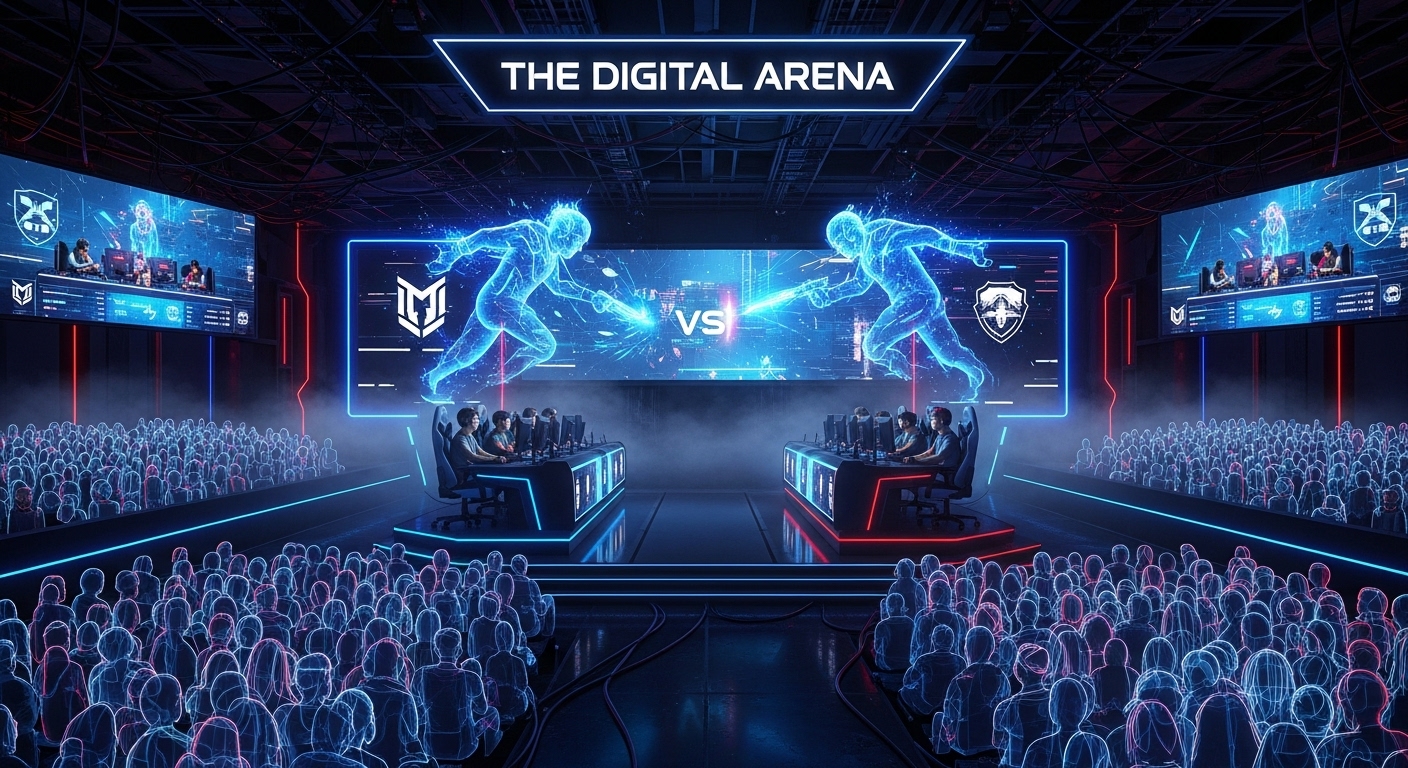The Evolution of Esports
In just a few decades, video games have evolved from casual entertainment into a global competitive phenomenon known as esports. What began in small gaming cafés and local tournaments has transformed into massive international events that fill arenas and attract millions of online viewers. Today, esports is not just a pastime—it’s a professional industry with teams, sponsors, coaches, and even scholarships for aspiring players.
A Global Spectacle
Esports has become a worldwide cultural movement. Major tournaments like The International, League of Legends World Championship, and Fortnite World Cup attract audiences that rival traditional sports championships. Fans from every corner of the globe tune in to watch their favorite teams compete in real-time, often cheering with the same intensity seen in football or basketball arenas.
The accessibility of online platforms has played a major role in this expansion. With streaming services and social media, fans can easily engage with players, follow tournaments, and even participate in discussions that connect the global gaming community.
The Players Behind the Screen
Professional esports athletes dedicate countless hours to perfecting their craft. Their daily routines often include rigorous training schedules, strategy analysis, and teamwork exercises—similar to traditional sports professionals. Mental focus, reaction time, and coordination are critical skills that define their success.
Many esports players have become household names, admired not only for their gaming abilities but also for their discipline, charisma, and leadership. These players inspire a new generation to pursue gaming as a legitimate career path.
The Business of Esports
Esports is now a billion-dollar industry encompassing sponsorships, advertisements, merchandise, and broadcasting rights. Major brands and investors recognize its potential, contributing to its rapid growth. Universities and organizations are offering esports scholarships, creating structured career pathways for talented gamers.
Gaming houses, professional training facilities, and analytics tools are becoming standard across top teams, mirroring the infrastructure found in professional sports leagues. This level of organization and professionalism has elevated esports to new heights of credibility and recognition.
The Educational and Social Impact
Beyond entertainment, esports fosters valuable life skills. Players develop teamwork, communication, and problem-solving abilities through strategic collaboration. Educational institutions are increasingly integrating esports programs to encourage leadership and technological literacy among students.
Additionally, esports promotes inclusivity. It provides a platform where gender, background, or physical limitations are less significant, allowing anyone with skill and passion to compete.
The Future of Esports
The future of esports looks brighter than ever. With advancements in virtual reality, augmented reality, and artificial intelligence, the gaming experience is set to become even more immersive. Governments and organizations worldwide are beginning to recognize esports as a legitimate sport, paving the way for broader opportunities and recognition.
Esports isn’t just shaping the entertainment industry—it’s redefining how society perceives competition, technology, and community. The next generation of athletes might not be on a field or court but in front of a screen, representing their teams on a global stage.
Conclusion
Esports is more than just gaming; it’s a celebration of skill, strategy, and innovation. Its rapid rise showcases the power of digital culture and the endless possibilities of human creativity. As technology continues to advance, esports will remain a driving force in shaping the future of global entertainment and competition.



